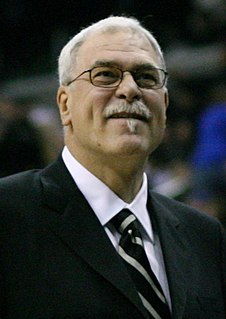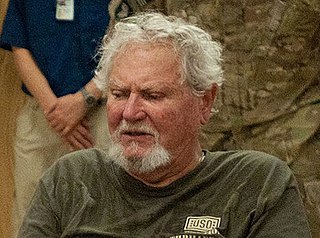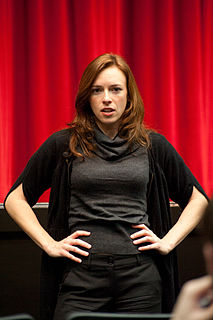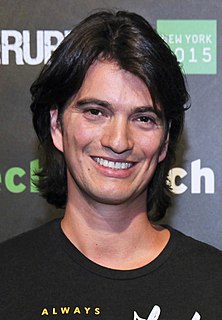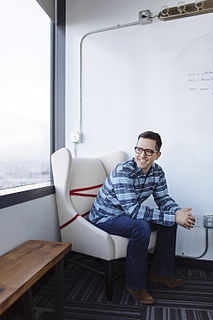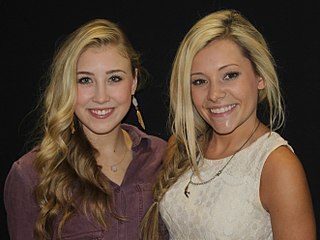A Quote by Richard Branson
If you do something for fun and create the best possible product, then the profit will come.
Related Quotes
The best thing as an actor, the best tool you have is your imagination. That you kind of take things that have happened, and then go and expand on them. However small it is, you use your imagination to create what that reality is. There's something kind of fun when you're not old enough to do anything, driving a car, getting into a bar, drinking, going to a party you don't belong to, something when you're young in that innocent way.
The "non-profit" institution neither supplies goods or services not controls. Its "product" is neither a pair of shoes nor an effective regulation. Its product is a changed human being. The non-profit institutions are human-change agents. Their "product" is a cured patient, a child that learns, a young man or woman grown into a self-respecting adult; a changed human life altogether.
The ventures that keep things light and fun, easy to understand, that have a compelling story, a sexy retail product, will have an easier time getting people to rally around them and contribute. A start-up doing something that's difficult to communicate or doesn't offer any kind of retail product will have a tougher go at it.
My company invents all kinds of new technology in lots of different areas. And we do that for a couple of reasons. We invent for fun - invention is a lot of fun to do - and we also invent for profit. The two are related because the profit actually takes long enough that if it isn't fun, you wouldn't have the time to do it.
The smart way to build a literary career is you create an identifiable product, then reliably produce that product so people know what they are going to get. That's the smart way to build a career, but not the fun way. Maybe you can think about being less successful and happier. That's an option, too.
And yet as a coach, I know that being fixated on winning (or more likely, not losing) is counterproductive, especially when it causes you to lose control of your emotions. What’s more, obsessing about winning is a loser’s game: The most we can hope for is to create the best possible conditions for success, then let go of the outcome. The ride is a lot more fun that way.


